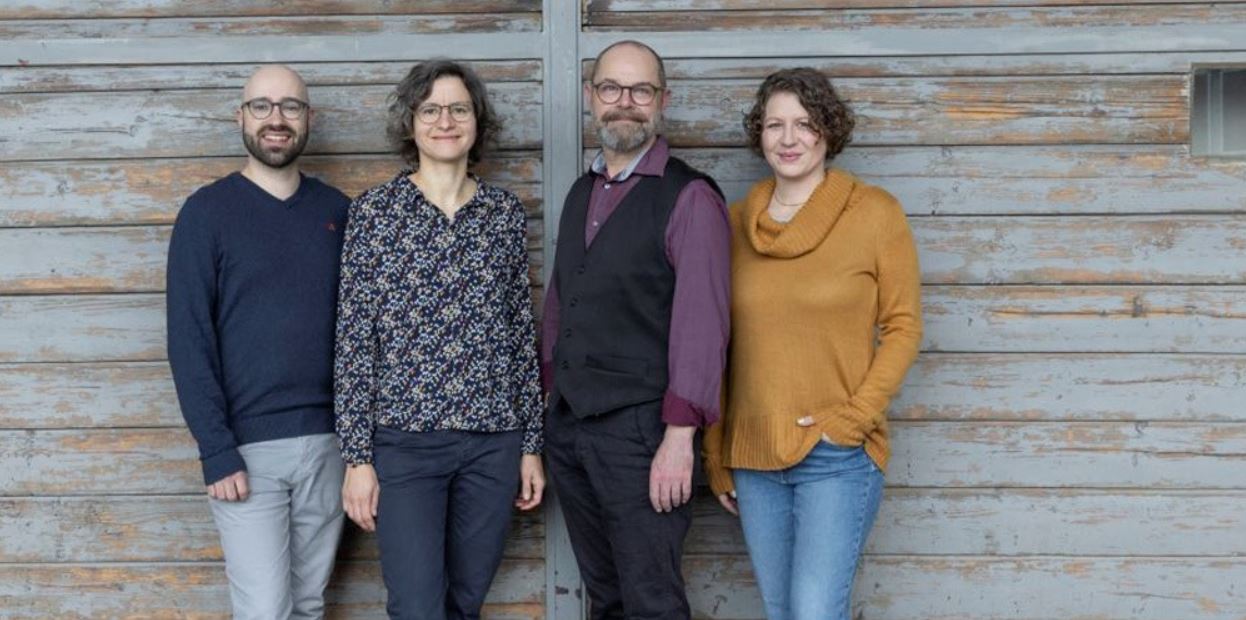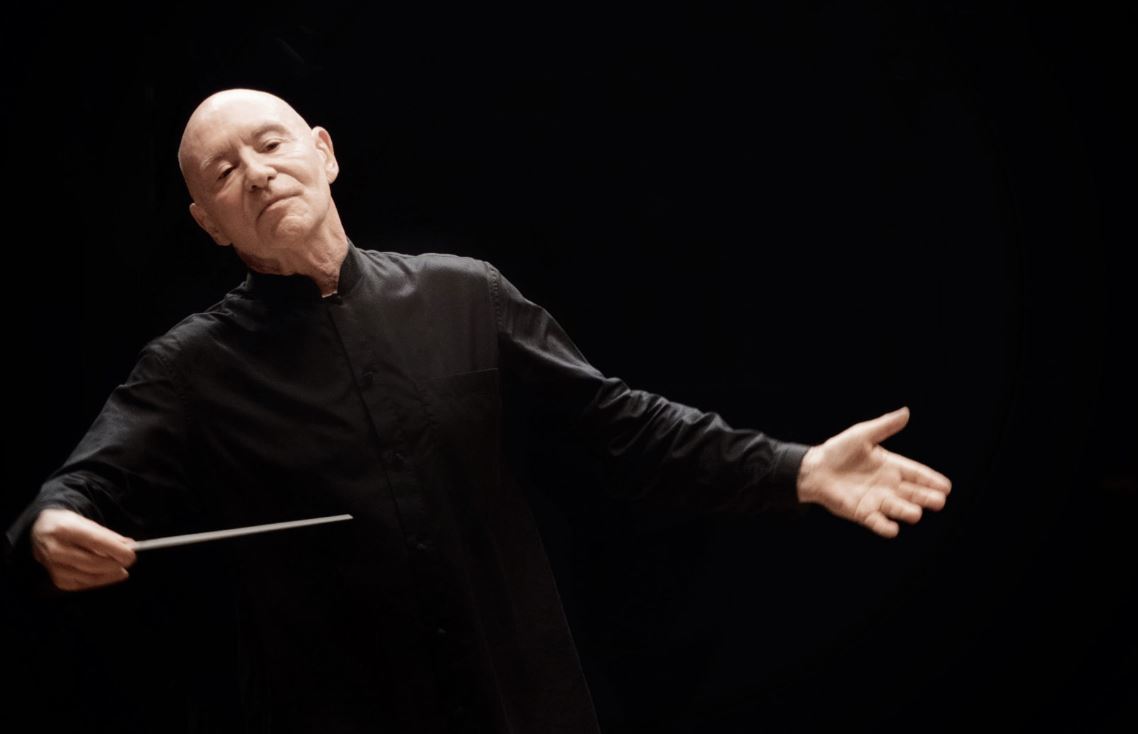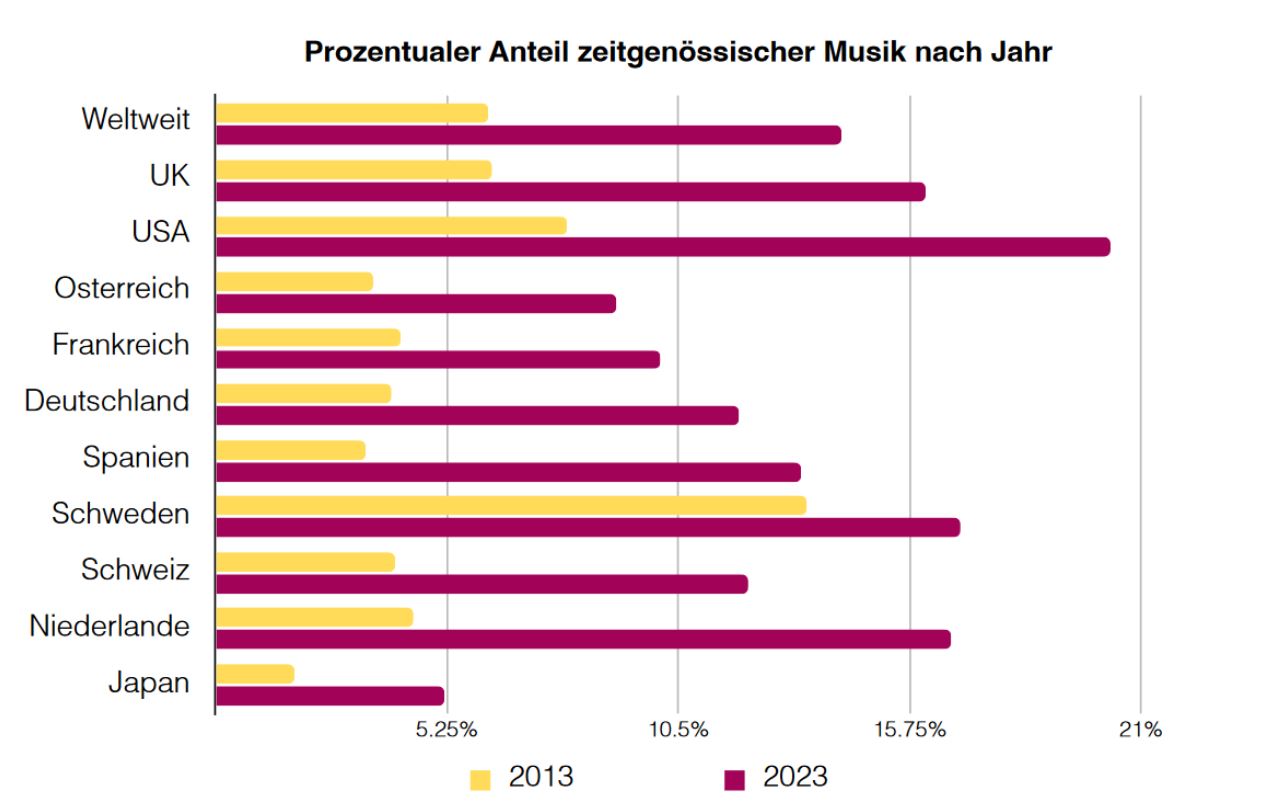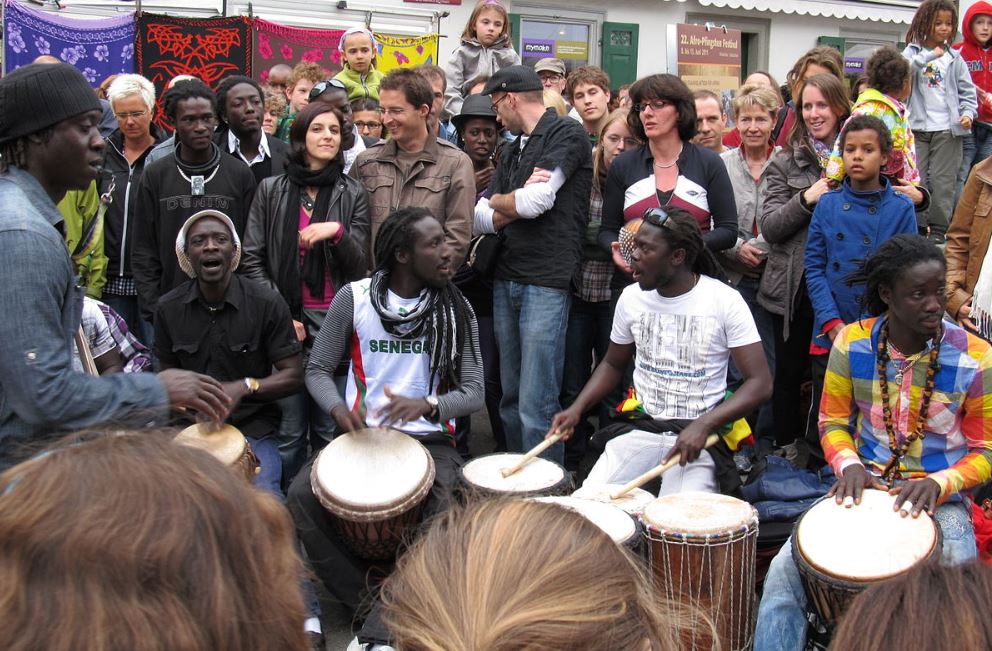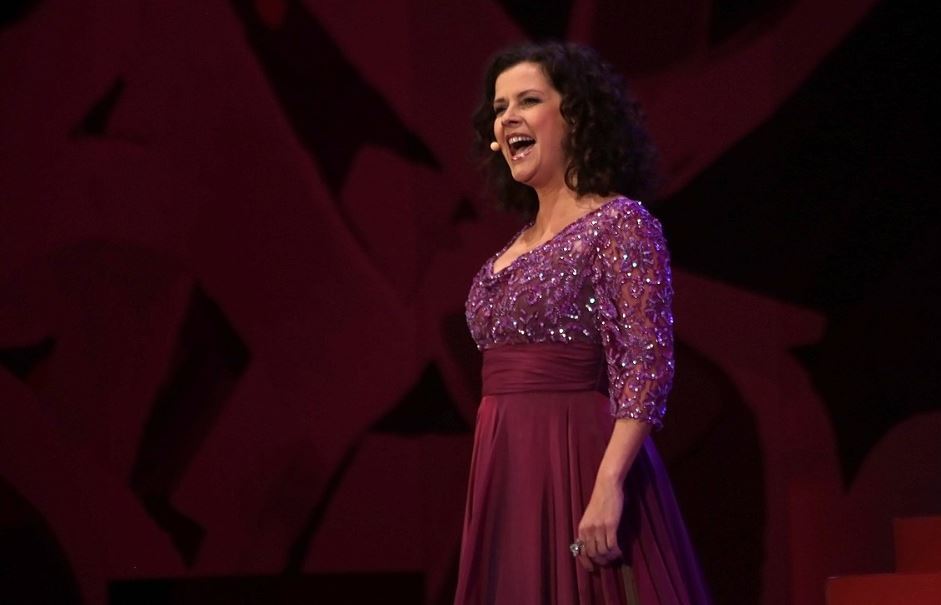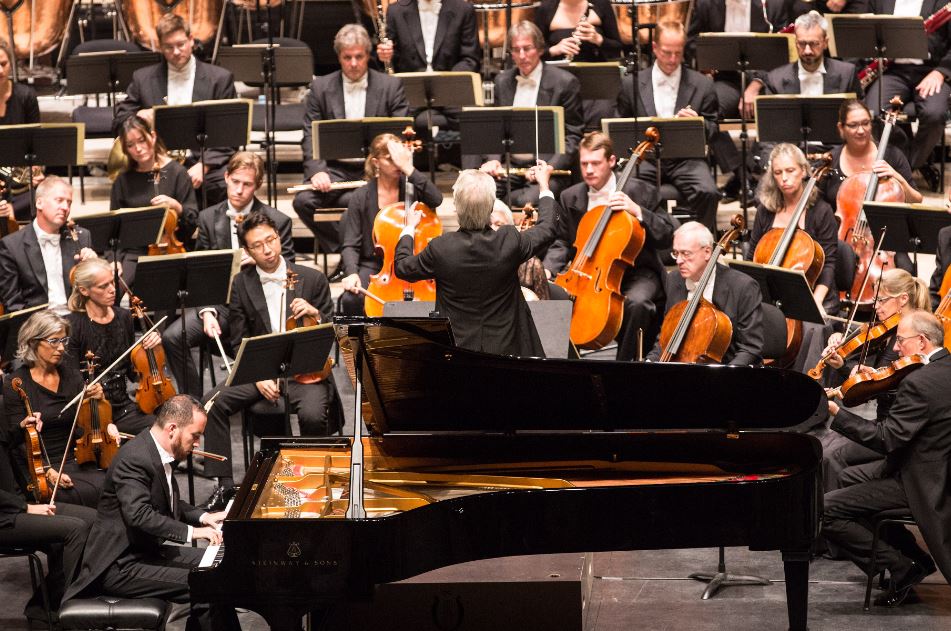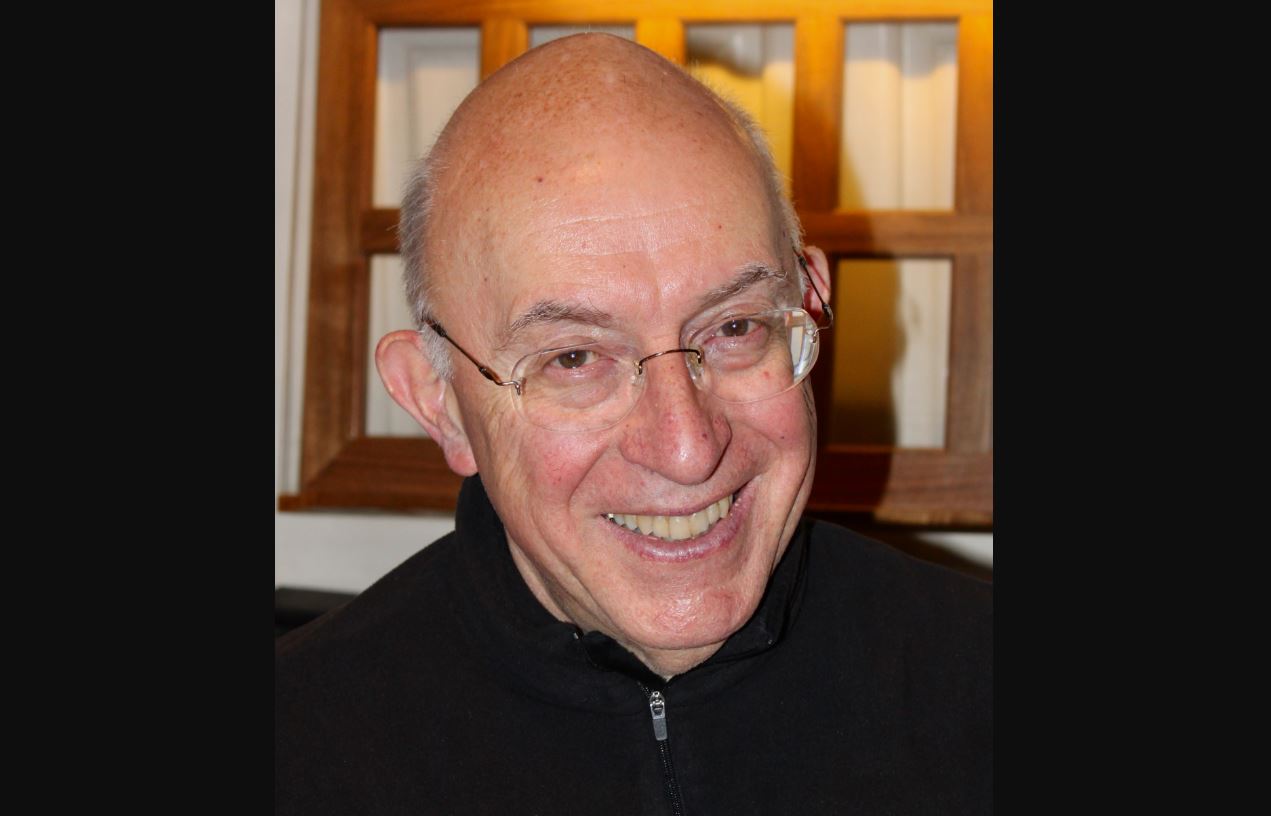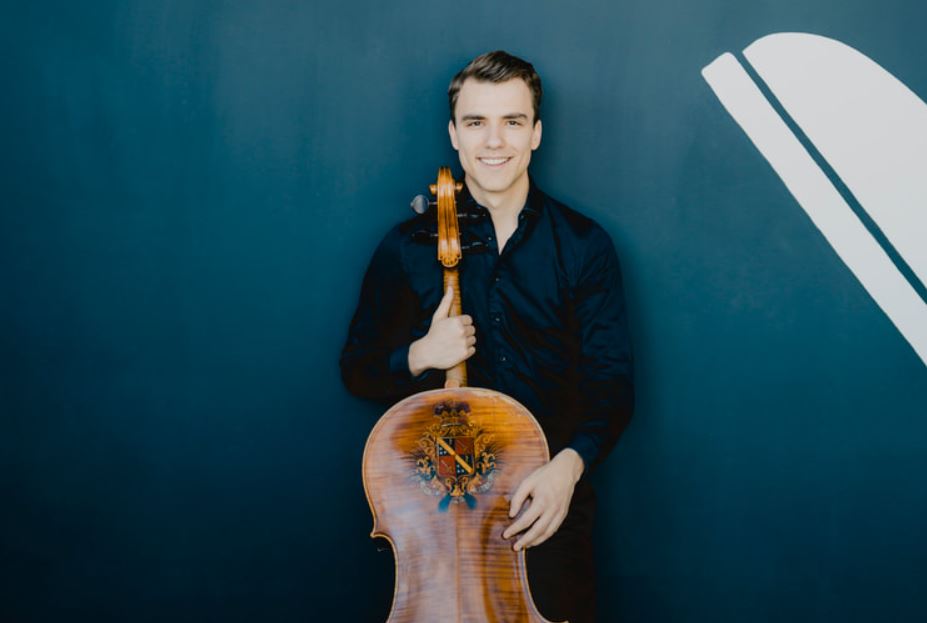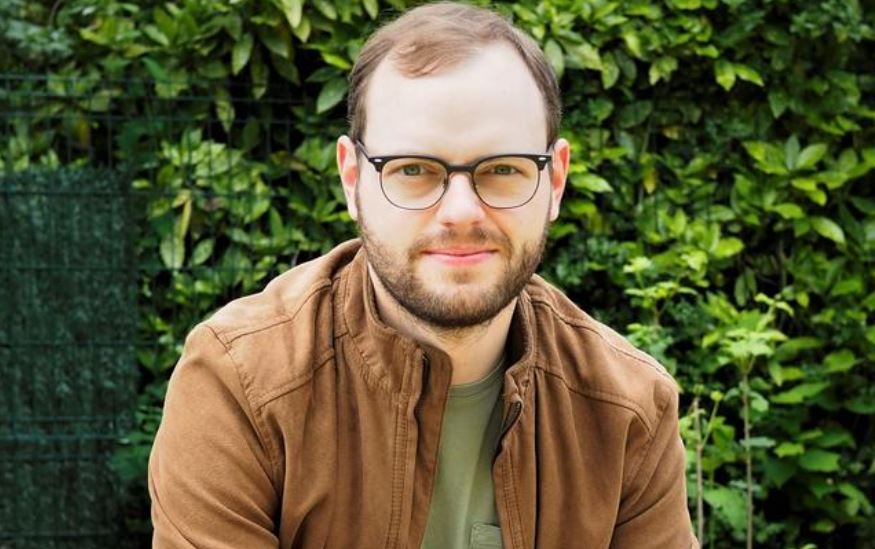Staier honored with Leipzig Bach Medal
Harpsichordist and pianist Andreas Staier, who taught at the Schola Cantorum Basiliensis from 1987 to 1995, will be honored with the Bach Medal of the City of Leipzig 2024.
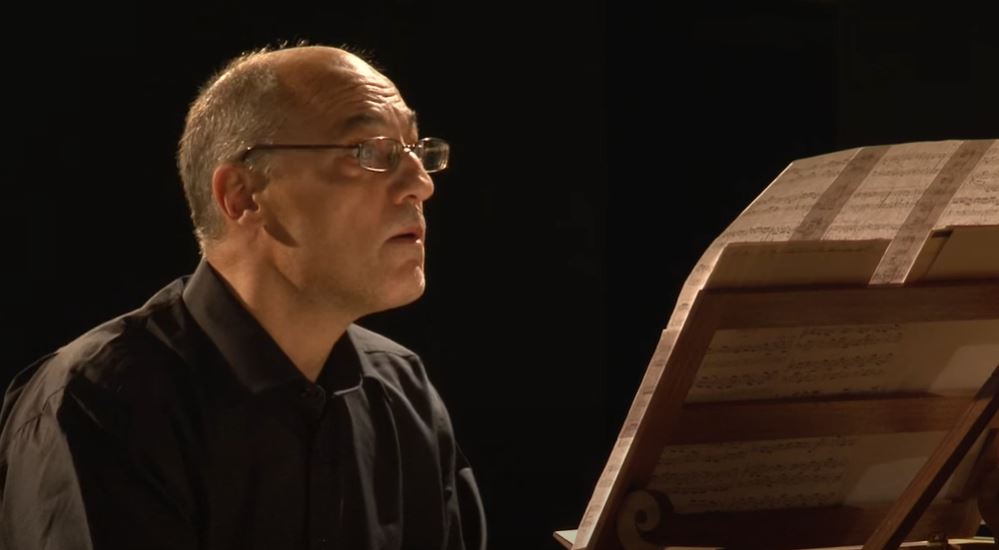
Staier studied with Lajos Rovatkay and Ton Koopman and worked with Musica Antiqua Köln. From 1987 to 1995 he was professor of harpsichord and fortepiano at the Schola Cantorum Basiliensis. He gives master classes worldwide and has also worked as a conductor and orchestra leader for several years.
The Bach Medal of the City of Leipzig has already been awarded to the Thomanerchor Leipzig (2023), Sir András Schiff (2022), Hans-Joachim Schulze and Christoph Wolff (2021) for "special services to the cultivation of Bach's works", Angela Hewitt (2020), Robert Levin (2018), Masaaki Suzuki (2012), Herbert Blomstedt (2011), Philippe Herreweghe (2010), Nikolaus Harnoncourt (2007), Ton Koopman (2006), Sir John Eliot Gardiner (2005), Helmuth Rilling (2004) and Gustav Leonhardt (2003).









